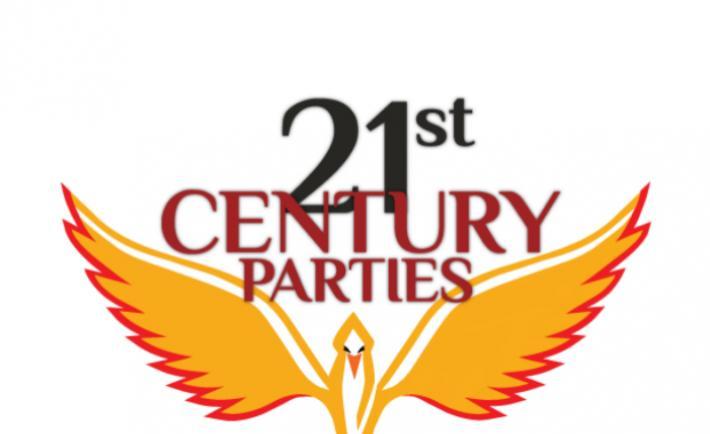On January 9th and 10th, the National Democratic Institute hosted the 21st Century Parties Conference in Brussels, Belgium. Party experts and assistance providers convened to discuss three important issues many parties struggle with around the globe: inclusion and citizen relations, ideology, and political party finance. The conversation was framed around the idea that democracy is a process, not an end goal. As former Secretary-General of the Spanish Socialist Workers' Party, Pedro Sánchez pointed out, “Democracy is always an unfinished building, it is always a work in progress….and we should see it as something that needs to evolve.”
The following are outcomes from each of the three challenges discussed:

Inclusion and Citizen Relations
-
Party membership vs. party supporters: Conference participants discussed the changing role of party membership and party supporters. For example, many citizens are prioritizing support for specific causes over membership to one party or another. Without members, parties can broaden their base of possible volunteers, but may also dilute some of their more traditional policies.
-
Breaking down barriers to representation: Participants believed that traditional parties have largely failed to represent citizens and have become elite organizations. Panelist and head of the U.K. LibDem’s International Office, Harriet Shone, discussed how parties have struggled to speak to and represent women and minorities, and to value diversity as institutions. Parties must engage these communities to build trust and to break down barriers to entry and promotion. They should go out and listen to and speak with (not to), community members. This can help parties become more representative organizations that better address the challenges facing different communities.
Ideology in the 21st Century
-
Are party ideologies dead?: Participants argued that while traditional ideologies may not be as popular as they were during the 20th century, they are still important to help parties define and align their values.
-
Tying ideology to policies: Panelist Ania Skrzypek from the Foundation for European Progressive Studies discussed how citizens no longer seem content with vague, abstract ideologies, arguing that parties should translate their ideologies into specific policies and political choices. Providing concrete examples of a party’s ideology in action, may help voters to understand the party’s plan to better their day-to-day lives.
Paying for Democracy
-
Political will: Party finance is one of the most challenging issues parties, politicians and party assistance providers face today. Panel moderator Sam Jones from International IDEA highlighted a general lack of political will for parties to address inaccurate party finance reporting, the lack of meaningful transparency, unrealistic and unenforceable regulations, and other important issues.

-
The cost of politics: George Kunnath from the Westminster Foundation for Democracy discussed how the cost of securing party nominations has nearly quadrupled in the last few years. Because of this, the behavior of elected officials has also changed, as they try to recoup the money spent to get elected. This sort of environment is ripe for corruption and often leads to a reduction of women and minority talent, as involvement is too costly.
The Institute is currently compiling best practices, challenges and case studies shared at the conference to publish as a blueprint for political parties. This document will aim to help parties better understand changing political environments, and share suggestions on how they can work to become more modern organizations. For more information about this initiative, please see our introductory DemWorks post or check out the 21st Century Parties Initiative blog.


